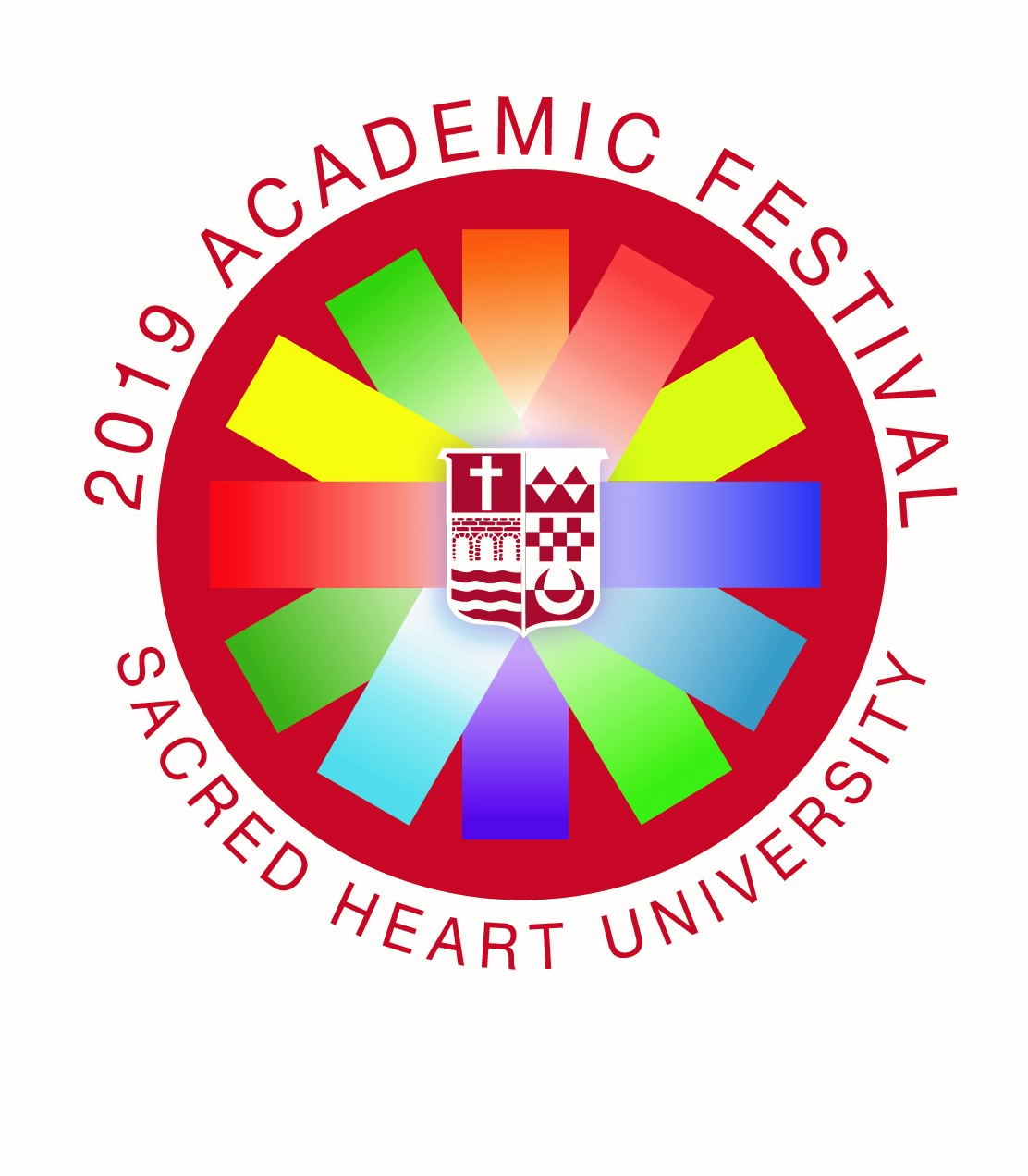Mentor/s
Professor Brian Stiltner Professor Suzanne Deschenes
Participation Type
Paper Talk
Abstract
Circuses, reality TV shows, and movies; the entertainment industry captivates the American viewer with characters with disabilities and abnormal characteristics. The different spectacles often enhance and over-emphasize the characteristics of individuals with disabilities. American society’s interest in abnormal abilities isolates and labels individuals with abnormalities and disabilities as outcast. However, individuals with disabilities consist of a large percentage of American society whom possess the same desires to succeed, feel loved and add value to the world. Categorizing an individual as abnormal compared to peers influences his or her self-esteem, confidence and motivation to engage in society. The behaviors and abilities declared abnormal based on American society’s standards are unique characteristics with the potential to benefit and add value to society. Individuals who possess specific, obsessive skills are often diagnosed with savant syndrome (SS); a primary and secondary developmental disorder. A variety of educational resources for individuals with SS influences successful integration into society post-secondary education. Individualized education based on specific characteristics an individual with SS possesses influences successful integration in society.
Savant syndrome, sometimes referred to as savantism, is a rare condition in which individuals with or without developmental disorders have one or more areas of expertise, ability, or brilliance that are in contrast with the individual's overall limitations (Straus, 2014). The specific ability an individual with savant syndrome possess is his or her savant skill. Typical savant skills include extraordinary musical and creative talents, mathematical skills. Diverse educational opportunities and environments help develop social, vocational, and academic skills vital for successful integration in society among individuals with SS.
College and Major available
Psychology
Location
Panel E: University Commons UC 114
Start Day/Time
4-24-2019 11:00 AM
End Day/Time
4-24-2019 12:15 PM
Creative Commons License

This work is licensed under a Creative Commons Attribution-Noncommercial-Share Alike 4.0 License.
Savant Syndrome; Benefits of Mainstream and Alternative Education
Panel E: University Commons UC 114
Circuses, reality TV shows, and movies; the entertainment industry captivates the American viewer with characters with disabilities and abnormal characteristics. The different spectacles often enhance and over-emphasize the characteristics of individuals with disabilities. American society’s interest in abnormal abilities isolates and labels individuals with abnormalities and disabilities as outcast. However, individuals with disabilities consist of a large percentage of American society whom possess the same desires to succeed, feel loved and add value to the world. Categorizing an individual as abnormal compared to peers influences his or her self-esteem, confidence and motivation to engage in society. The behaviors and abilities declared abnormal based on American society’s standards are unique characteristics with the potential to benefit and add value to society. Individuals who possess specific, obsessive skills are often diagnosed with savant syndrome (SS); a primary and secondary developmental disorder. A variety of educational resources for individuals with SS influences successful integration into society post-secondary education. Individualized education based on specific characteristics an individual with SS possesses influences successful integration in society.
Savant syndrome, sometimes referred to as savantism, is a rare condition in which individuals with or without developmental disorders have one or more areas of expertise, ability, or brilliance that are in contrast with the individual's overall limitations (Straus, 2014). The specific ability an individual with savant syndrome possess is his or her savant skill. Typical savant skills include extraordinary musical and creative talents, mathematical skills. Diverse educational opportunities and environments help develop social, vocational, and academic skills vital for successful integration in society among individuals with SS.



Students' Information
Student Ambassador, 2017-2019 Kappa Alpha Theta Fraternity, Chief Learning Officer S.w.e.e.t. Peer Educator, Secretary Thomas More Honors Program Psychology Major/ Health Science & Speech-Language Pathology Minor Sacred Heart University, Class of 2019